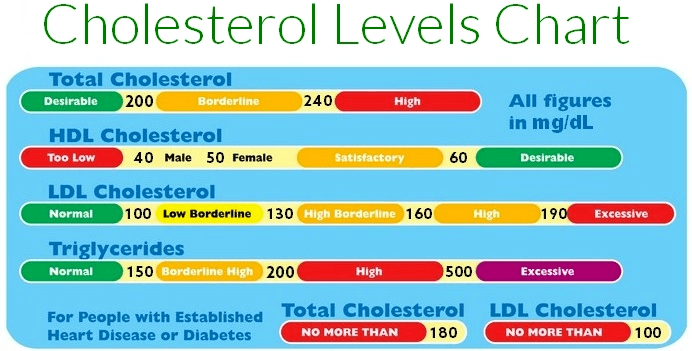Weight loss and cholesterol go hand in hand as millions of Americans have high cholesterol and chances are if you’re overweight, you’re probably one of them.
And if you have high cholesterol, you’re putting yourself at risk for heart disease if you’re not taking necessary steps to lower your cholesterol.
Obesity, weight loss, and cholesterol have a high, direct correlation.
Accordingly, individuals who are obese are more likely to have higher LDL (bad cholesterol).
Moreover, those at a healthy weight and exercise regularly tend to have higher HDL (good cholesterol).
Weight Loss and Cholesterol
Weight loss and cholesterol are closely correlated.
Experts strongly encourage individuals who are overweight with high cholesterol to lose weight.
The reason? To lower their cholesterol even before they receive a prescription medication.
Studies have shown when overweight individuals lost weight, their cholesterol levels typically went down.
Weight loss involves healthier eating and more frequent physical activity.
Both of these help naturally lower LDL levels and increase HDL levels.
Cardio specifically has been proven to raise HDL levels, making cholesterol levels healthier.
The Centers of Disease Control and Prevention report 30% of Americans are obese and 30% of Americans have high cholesterol.
Those numbers correlate almost exactly.
While this doesn’t mean every obese individual has high cholesterol or visa versa, the percentages are strongly correlated.
And that means weight loss and cholesterol is something you should take seriously.
What is Healthy Cholesterol?
More than 33% of American adults deal with high LDL levels and only one third of them have it under control.
Cholesterol is a waxy substance that builds up in blood vessels and inhibits blood flow to the heart, brain, and the rest of the body.
Excessive cholesterol can lead to a blockage in the arteries and can result in serious medical problems like heart disease, stroke, and heart failure.
Knowing your cholesterol numbers and what they mean is a key to maintaining healthy cholesterol levels.

Getting your cholesterol tested requires a visit to the doctor and a blood test.
This way they can process the cholesterol levels and tell you where you stand.
Dieting and Cholesterol
Changing your diet and cholesterol go hand in hand because your body naturally makes cholesterol or it gets it from food.
Eating foods high in saturated fats, trans fats, and cholesterol will raise your LDL levels and increase cholesterol buildup in your arteries.
Eating clean, natural foods including vegetables, fruits, and lean meats low in fat will reduce the likelihood of high levels of bad cholesterol.
Healthy eating habits contribute to weight loss and can also help lower your cholesterol.
Exercise and Cholesterol
Exercise along with a good diet is the best way to lose weight and lower your bad cholesterol.
Exercising makes your muscles, including your heart, stronger and reduces LDL levels and raises HDL levels.
Aim for exercising 30 minutes a day at a moderate to high intensity level.
Increasing your heart rate also burns calories faster than an easier work out to increase your ability to lose weight.
Consulting with your doctor before taking action to decrease your weight and cholesterol is important since they can tailor a plan specifically to meet your needs.
However, losing weight and decreasing cholesterol generally go hand in hand and can prevent worsening health issues or the need to take medication.
If you want to improve your heart health, try L-arginine Plus – the #1 L-arginine supplement in the world. Learn more here.
Resources
http://www.cdc.gov/dhdsp/data_statistics/fact_sheets/fs_cholesterol.htm
http://www.cdc.gov/obesity/data/prevalence-maps.html
http://www.webmd.com/cholesterol-management/features/your-lower-cholesterol-toolbox

